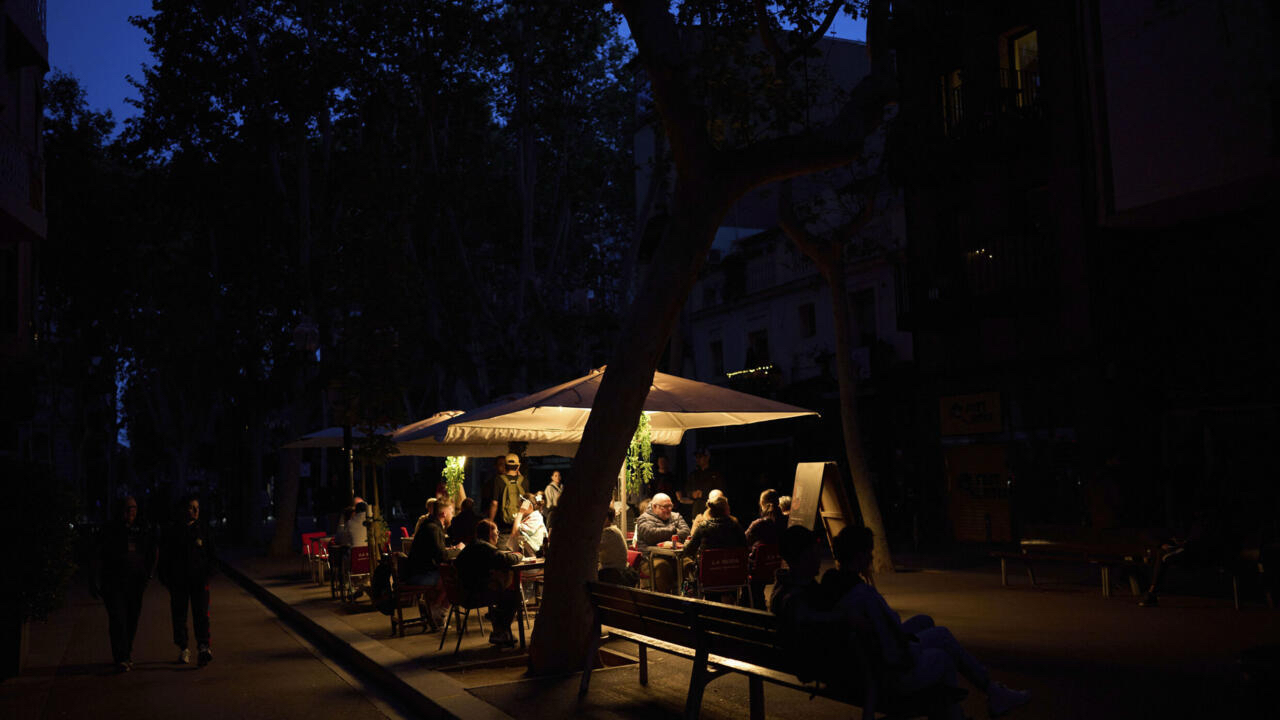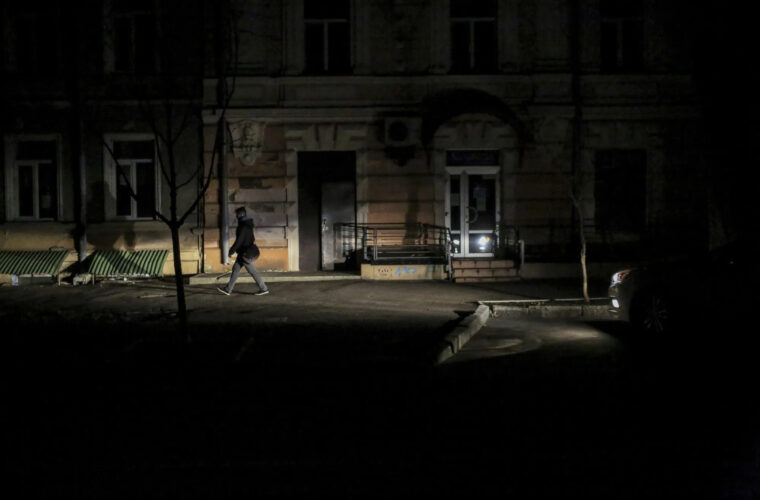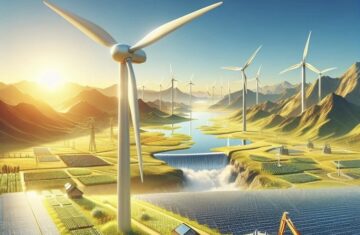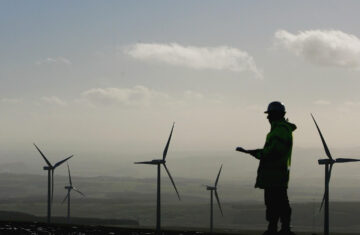Spain and Portugal are still recovering from the largest power cut in recent European history, which struck just after midday yesterday. While power supplies are mostly back to normal, the incident has sparked intense speculation about its causes. Some commentators have hastily blamed renewable energy, which now constitutes a significant part of both countries’ energy mix.
Headlines like “Net-zero blamed for blackout chaos” from UK newspaper The Daily Telegraph have circulated, but experts have not definitively linked the outage to renewable sources. The exact cause remains under investigation, raising important questions about the reliability of the energy grid.
The Spanish grid operator, Red Eléctrica, reported a dramatic drop in demand shortly after 12:30 PM on April 28, when energy consumption plummeted from 25 gigawatts (GW) to just 10 GW almost instantly. Eduardo Prieto, head of services at Red Eléctrica, explained that two consecutive events triggered a “generation disconnection” that disrupted the entire peninsula’s power supply.
The first event occurred at 12:32 PM, and while the system managed to handle this initial shock, it could not cope with the subsequent disturbance just a second-and-a-half later. Prieto noted that the problem originated in southwest Spain, a region rich in renewable energy production.
Despite the quick blame directed at renewable energy, many experts are skeptical about this narrative. Spanish energy think tank Fundación Renovables has clarified that power plants generating 2 MW or more were disconnected due to a frequency disturbance, which aligns with national safety protocols. They argued that the disturbance was a symptom of the issue, not its root cause.
“The fact that Spain has a high production of electricity from renewable sources has no link to the grid failures that occurred on Monday,” the organization stated, urging against the spread of misinformation during this complex situation.
Spanish Prime Minister Pedro Sánchez echoed this sentiment, calling claims linking the blackout to renewable energy “lies.” He announced that a government commission would investigate the incident and evaluate the role of private energy companies.
Advocates for renewable energy stress that solar and wind power can enhance energy security, especially during crises. Stephen Jarvis, an assistant professor at the London School of Economics, observed that while nuclear, gas, and coal were offline, solar, wind, and hydro resources were still providing energy during the outage.

Fundación Renovables further noted that Spain’s substantial renewable capacity actually helped the country recover more swiftly. “If Spain had not had so much renewable capacity, the return to normality of the grid would have taken longer,” they stated.
Sonia Dunlop, CEO of the Global Solar Council, emphasized the importance of solar energy in increasing resilience during power cuts. “If you have rooftop solar and storage, and it’s set up to work off-grid, you are much more resilient to blackouts,” she pointed out.
The blackout has also reignited discussions about the Iberian Peninsula’s status as an ‘energy island’ within the European Union. Its relative disconnection from the rest of the bloc raises questions about whether stronger grid connections could mitigate such incidents or potentially expose other countries to risks.
As investigations continue, the emphasis remains on the need for a reliable energy infrastructure that can seamlessly integrate renewable sources. The future of energy in Spain and Portugal hinges on balancing renewable growth with the stability of their power grids, ensuring that clean energy can contribute to a sustainable and resilient energy landscape.



